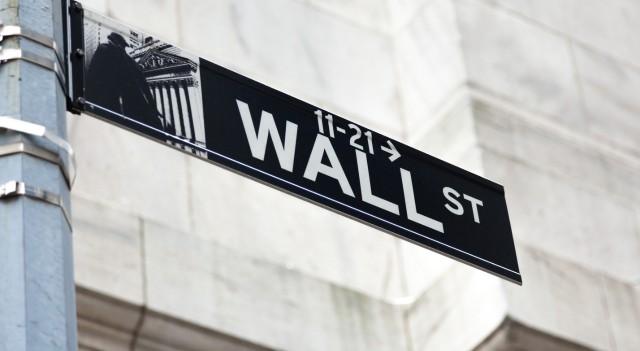Stocks saw modest strength throughout much of the trading day on Tuesday before coming under pressure in the final hour of the session. The major averages all moved to the downside, finishing the day in negative territory.
After climbing by more than 100 points earlier in the day, the Dow (DOWI:DJI) ended the session down 31.31 points or 0.1 percent at 39,282.33. The Nasdaq (NASDAQI:COMP) also fell 68.77 points or 0.4 percent to 16,315.70 and the S&P 500 (SPI:SP500) dipped 14.61 points or 0.3 percent to 5,203.58.
The late-day weakness on Wall Street may have reflected concerns about the economic impact of the indefinite suspension of vessel traffic into and out of the Port of Baltimore.
Vessel traffic was suspended after a cargo ship crashed into a pillar of the Francis Scott Key Bridge early Tuesday morning, leading to the bridge’s collapse.
Networking stocks showed a notable move to the downside over the course of the session, dragging the NYSE Arca Networking Index down by 1.2 percent.
A pullback by the price of crude oil also weighed on energy stocks, with the Philadelphia Oil Service and the NYSE Arca Oil Index falling by 1.2 percent and 1.1 percent, respectively.
Utilities, semiconductor and telecom stocks also saw some weakness on the day, while strength remained visible among computer hardware stocks.
Data storage company Seagate Technology (NASDAQ:STX) surged by 7.4 percent after Morgan Stanley upgraded its rating on the company’s stock to Upgrade from Overweight.
On the U.S. economic front, the Commerce Department released a report this morning showing a notable increase in new orders for U.S. manufactured durable goods in the month of February.
The report said durable goods orders jumped by 1.4 percent in February after plummeting by a revised 6.9 percent in January.
Economists had expected durable goods orders to shoot up by 1.3 percent compared to the 6.2 percent slump that had been reported for the previous month.
Orders for transportation equipment led the way higher, surging by 3.3 percent in February after plunging by 18.3 percent in January.
Excluding the rebound in orders for transportation equipment, durable goods orders climbed by 0.5 percent in February after falling by 0.3 percent in January. Economists had expected a 0.4 percent increase.
Meanwhile, the Conference Board released a separate report showing a slight deterioration in U.S. consumer confidence in the month of March.
The Conference Board said its consumer confidence index slipped to 104.7 in March from a downwardly revised 104.8 in February.
Economists had expected the consumer confidence index to come in unchanged compared to the 106.7 originally reported for the previous month.
Other Markets
In overseas trading, stock markets across the Asia-Pacific region turned in a mixed performance during trading on Tuesday. Japan’s Nikkei 225 Index closed marginally lower and Australia’s S&P/ASX 200 Index fell by 0.4 percent, while Hong Kong’s Hang Seng Index advanced by 0.9 percent.
Meanwhile, the major European markets all moved to the upside on the day. While the German DAX Index climbed by 0.7 percent, the French CAC 40 Index rose by 0.4 percent and the U.K.’s FTSE 100 Index edged up by 0.2 percent.
In the bond market, treasuries showed a lack of direction over the course of the session before closing modestly higher. As a result, the yield on the benchmark ten-year note, which moves opposite of its price, edged down by 1.9 basis points to 4.234 percent.
Looking Ahead
A lack of major U.S. economic data may lead to choppy trading on Wednesday ahead of the release of several key reports to close out the week.
Source: RTTNEWS
